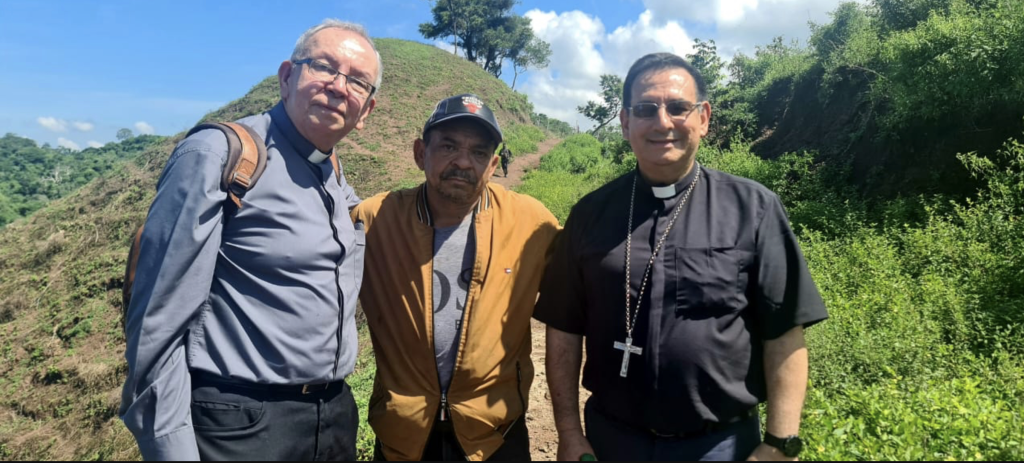ALBERTO BARCIELA
WE DON'T HAVE PORTUGAL EITHER?

Spain was going through its own modernity, democratic, constitutional, free, already decentralized, socialist and crazy. With the advance of the country, the youth had found its breeding ground to have fun, to overcome the limiting barriers due to who knows very well what moral loopholes of a nation that dragged almost eternal misgivings, mourning and social cracks, socioeconomic crises, inequalities, but that had understood with more humor than nonsense the possibility of having fun, of going a little further, of understanding that almost ten years of Transition allowed some relief.
Vigo’s movida represented something like a burst of freshness in which the youth was imposed, in the philosophical manner of the French 68, but in which the barricades were replaced by music, drinks and some other etcetera. In that libertarian hodgepodge, like a pirate flag installed in the Cíes, Sinistro Total, emerged as the fruit of a city that from the same Santa Irene Institute, or from the Guía, from the Salesians or from its transgressive and daring pubs, with the strength of the colla, threw down walls before anyone else, and proudly showed its head from the Atlantic of the gray before the shipyards and after the metal workers, to the most tender, low-cut and red Madrid, competing without blushing with the everlasting Mediterranean modernity, full of Serrat and other poets.
Siniestro Total imposed, already in their third album, in 1984, three years after the coup d’état, a hopeful hymn of fraternity, proximity, understanding, and transgressive geographical positioning: “Menos mal que nos queda Portugal” (Good thing we have Portugal left). For decades it has survived as a battle cry, a reflection of the saving hope that could mean crossing the Minho every time things got difficult, from the Prestige crisis and Nunca Máis, to gasoline hikes and times of inflation, or even after the result of the Benidorm Fest when Salvador Sobral, the last Eurovision winner for the Portuguese, praised the Tanxugueiras. At the Sala Rock-Ola, a concert venue located in front of the Torres Blancas building, in the Prosperidad neighborhood of Madrid, during the presentation of the Vigo trio, on what they called “World Gorilla Costume Day”, Antón Reixa would pronounce for posterity, a stentorian “Boa noite Espanha. Vigo is a nation, long live Portugal. O bom, o feo e o mal, thank goodness we have Portugal left, eles son, Siniestro Total”. It was a movida within the movida, a thunderous and refreshing shout, a bearable storm of freshness. The rest is well known. Vigo was not Liverpool but it looked like it, and Valença was always 30 kilometers away, the salvation, the beginning of the scene of the most humble and beautiful revolution, that of the carnations. The most welcoming village.
Today, in this polycritical time, when all the referents of those democratic, cultural and social conquests seem to dissolve, when the networks catch us and distort the referents, when we needed it the most, the beautiful and humble Portugal, the one of the stability that many of us long for, emerges in a deep political crisis with a background of serious and widespread corruption.
I am reluctant to give up on Portugal, my love for that country is beyond me. I turn to the slow voice of Miguel Torga, and listen to his warning of decades ago: “Let no one want to evaluate how much it costs a man to resist daily to a whole community and, above all, to himself. Nor understand that, in a country of corrupters like ours, at the slightest crack that an individual opens in his personality, he is lost. Once infected, he is immediately disintegrated. “All donkeys eat straw, the question is to know how to give it to them…”, says the proverb, which reflects a national reality that goes from the Minho to the Algarve.” Perhaps he from Tras Os Montes already knew of a total sinister that now emerges in his beloved mountains, there “na terra da fraternidade” and of the innocent. Quite a move.
Alberto Barciela, Spanish journalist, is vice-president of EditoRed.
This text is for free use. If you plan to use it, please cite the author and EditoRed.



